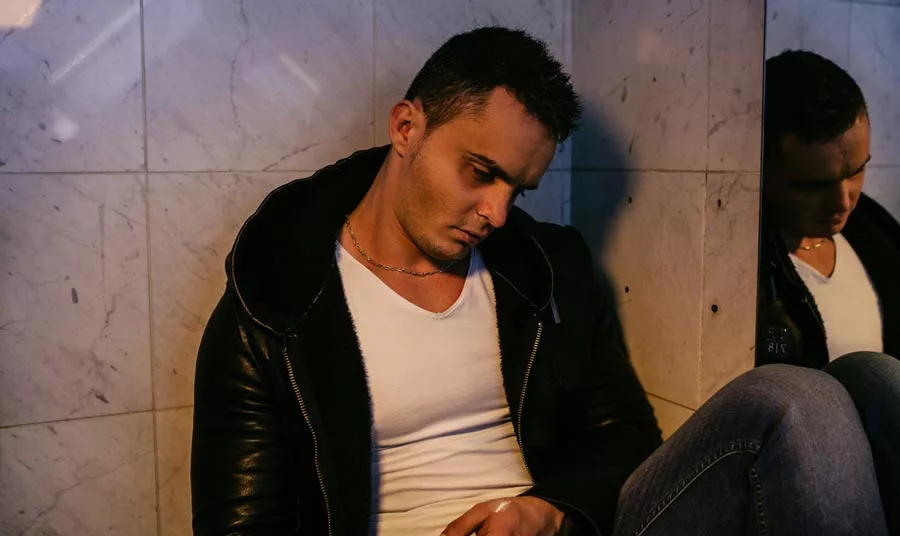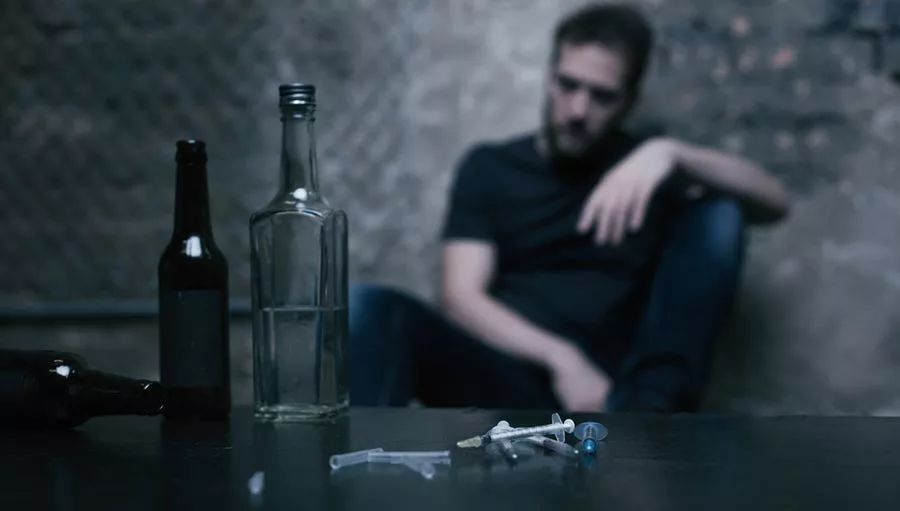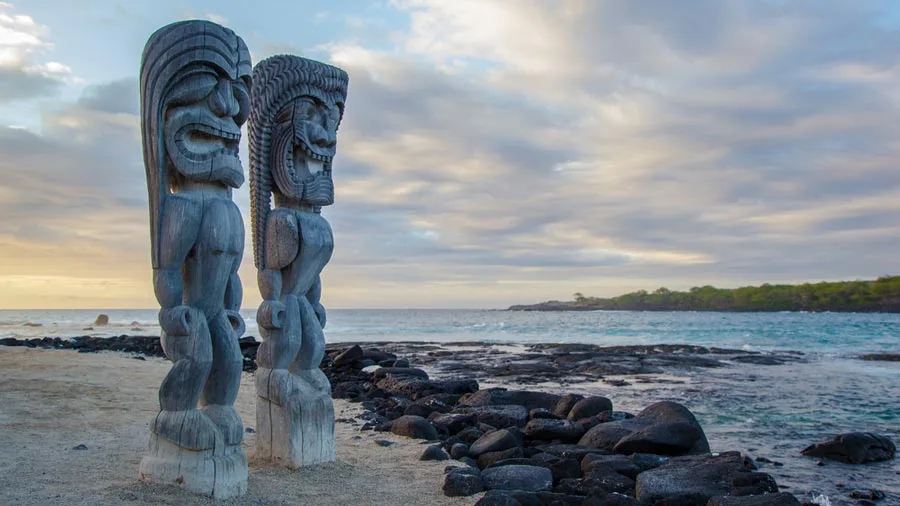Drug Addiction and Mental Health Treatment in the US Pacific Islands
The United States Pacific Island region includes American Samoa, Saipan, Hawaii, and other islands like the Marshall Islands and the Northern Mariana Islands. Drug and alcohol abuse is on the rise in the Pacific Islands, which are renowned for their peaceful tropical scenery and diverse cultural traditions. With such abuse and addiction concerns, it only makes sense that a Pacific Islands rehab can offer support.
The growing correlation between alcohol misuse and criminal activity has been the subject of recent media reports. Newspaper headlines often discuss the rising incidence of substance abuse among high school kids. Unfortunately, the beautiful US Pacific Islands are not immune to the impacts of addiction. The increasing frequency of drug busts in Samoa and Saipan has raised concerns among government authorities and led some to seek help in getting clean and sober.
Luckily, Exclusive Hawaii rehab offers various drug and alcohol substance abuse treatment options for Pacific Island residents and Asian-American Pacific Islanders battling addiction.
Read on to learn more about Pacific Islands rehab facilities and treatment programs now!
Experience True Healing
Our deeply-caring staff and the surrounding natural beauty offer an unparalleled healing experience.
Alcohol Abuse Crisis in American Samoa
Most of the homicides, manslaughter, and assaults in American Samoa are carried out by intoxicated perpetrators. There has also been a sharp increase in DUI rates in recent years. Because of the way it affects the central nervous system, alcohol can make people angry and even violent. In American Samoa, most cases of domestic violence or sexual assault reported in recent years involve alcohol misuse.
Drug and Alcohol Addiction in the Northern Mariana Islands
Substance abuse is rampant in the Northern Mariana Islands. Many students drink alcohol daily. According to recent studies, Northern Mariana Islands high school students reported using marijuana frequently. Other commonly abused substances include cocaine, heroin, prescription painkillers, and tobacco.
What are the Effects of Drug Abuse on the Body and Mind?


There are immediate and long-term risks associated with substance abuse. These effects vary widely in severity depending on various factors like the type of drug used.
Physical Effects of Drug Abuse
Substances with psychoactive properties affect the mind and the body. Common side effects of different drugs include:
- Fluctuations in blood pressure and heart rate
- A sense of increased alertness or drowsiness
- Enhancement of interpersonal skills
- Pain relief
- Sudden changes in the appearance
Some of these short-term physical impacts may have long-term consequences for the brain and body when there is long-term substance abuse. The substance, dosage, administration route, and usage length can all influence how a drug makes a person feel physical.
Overdose and death are two of the worst possible outcomes of substance abuse.
Psychological Effects of Drug Abuse
Substance abuse that goes untreated for a long time may negatively affect behavior, memory, learning, concentration, and consciousness.
Long-term use of psychoactive drugs, including alcohol, cannabis, stimulants, and opioids, will alter how a person’s brain works and how a person’s brain physically looks. This may cause long-term cognitive and behavioral problems, even after drug use has been discontinued.
Substance use disorder can have different impacts on the mind and brain depending on the drug and how long it has been used.
SUD may exacerbate the signs and symptoms of other mental disorders like bipolar disorder, and early drug use is a significant risk factor for the later development of substance use disorders. This may be a precursor to other mental illnesses as well.
For people with a specific gene variation, regular cannabis use during adolescence may raise the likelihood of developing psychosis later in life.
Differentiating Between Drug Abuse and Substance Use Disorder


The terms drug abuse and substance use disorder (SUD) is different. The Diagnostic and Statistical Manual of Mental Disorders(DSM), 5th Edition, refers to substance use disorder rather than drug abuse. According to the guideline, SUD is characterized by persistent drug or alcohol abuse despite adverse effects on social, occupational, and health domains.
Drug abuse, often known as substance use disorder, typically involves intoxicating mind-altering substances. The physical effects vary widely from drug to drug and between various individuals, depending on different factors.
Some clients suffer from dual diagnosis, battling addiction, and other mental health issues. If you are suffering from co-occurring mental health disorders, some rehab centers specialize in dual diagnosis treatment.
Commonly Abused Substances
Common types of psychoactive substances include:
- Cannabis
- Alcohol
- Heroin
- Cocaine
- Inhalants
- Hallucinogens
- Prescription stimulants
- Prescription opioids
- Tobacco or nicotine
- Methamphetamine
Experience True Healing
Our deeply-caring staff and the surrounding natural beauty offer an unparalleled healing experience.
What Is a Substance Use Disorder?
The DSM-5 specifies different criteria that must be met before a person can be diagnosed with SUD.
Below are some of them:
- Using more of a substance than planned or use for longer than intended
- Trying to reduce or cease usage, but failing
- Experiencing severe cravings or desires to use despite negative consequences
- Experiencing withdrawal when they stop using
- Devoting more time to drug acquisition, use, and recovery
- Continuing to use it despite adverse effects on relationships
- Using drugs in harmful settings that put you in danger
Hawaii is a beautiful destination to visit and call home, but the state also has a significant population with substance abuse problems, as reported in drug and alcohol addiction statistics. Luckily, Hawaii has a wide range of effective addiction treatment options.
Alcohol flows freely in this top vacation destination, and drugs are easily accessible. Unfortunately, Aloha State also sees considerable use of harder substances.
Read on to learn more about the substance abuse problem in Hawaii and the best substance abuse treatment options.
Drug Addiction and Mental Health Disorder Treatment Options


There are various drug rehab therapy options to match your unique needs. At Exclusive Hawaii Rehab, you can expect the following after walking in.
Initial Assessment
Drug addiction evaluation is the first step to recovery from drug abuse. You can have an in-depth, private conversation with one of our addiction specialists to get answers to your questions and learn more about our drug recovery program.
Confidential conversations provide a safe space to air worries, seek professional advice, and gain insight into the recovery process.
Detox and Withdrawal Management
If detoxing from drugs is necessary, we can provide that as well. Through detox, harmful substances are removed from the body under close medical supervision. To make sure you’re as comfortable as possible during drug withdrawal, we’ll assist you in managing your withdrawal symptoms.
Inpatient Drug Rehab or Residential Treatment Programs
When you choose to receive treatment for your drug addiction in our residential or inpatient treatment facility, you must live in the rehab center. During this period, you’ll receive individual therapy, family therapy, and group therapy sessions to help you identify and cope with the stresses that have contributed to your substance abuse.
Many different therapy approaches are effective during residential treatment, including trauma therapy and couples therapy. These approaches include mindfulness, transactional analysis, dialectical behavior therapy, motivational interviewing, and cognitive behavior therapy.
We also understand the critical role holistic well-being plays in recovering from addiction. That’s why there are so many options for your health and relaxation while you’re with us. Examples include activities like workout classes, yoga classes, and meditation groups.
Drug and alcohol abuse treatment programs should last at least 28 days. The duration of your addiction treatment at Exclusive Hawaii can be adjusted to fit your needs and schedule. During your initial addiction evaluation, we will discuss several treatment duration options.
Outpatient Programs for Substance Abuse Treatment
We offer intensive inpatient care and more flexible outpatient or day treatment options for those struggling with substance use. To receive outpatient care, patients travel to our facilities, where they participate in weekly therapy sessions. Addiction therapy is offered at an outpatient treatment center, where you can spend several days each week.
Recovering addicts who have completed more intensive programs like inpatient treatment might benefit from these programs, which offer a gradual step-down in treatment intensity. Clients eventually transition to aftercare support services after completing outpatient therapy.
Benefits of Traveling to the U.S. Pacific Island for Rehab


Traveling out of town for rehab can help reduce the exposure to triggers and stressors one faces throughout the rehabilitation program. Changing scenery to a different city or state can help clients concentrate on their recovery.
Some people are less likely to relapse if they’ve decided to heal while away from their support system. Going far for addiction recovery or staying close to home can both be effective in helping people overcome their addictions, but the choice is ultimately up to the individual.
People in the U.S. Pacific Islands are less likely to seek help for substance addiction problems than those in other parts of the country. Although shame can prevent someone from seeking help for their addiction, the reality is that you have nothing to be ashamed of. Get in touch with a care center right now.
Experience True Healing
Our deeply-caring staff and the surrounding natural beauty offer an unparalleled healing experience.
Seek Treatment at Exclusive Hawaii Rehab Now
Exclusive Hawaii Rehab is in a calm and serene environment, allowing safe and comfortable addiction recovery. We accept all major private health insurance companies.
Call our warm and welcoming Intake Coordination team today or reach us through our online contact form for more information about drug addiction treatment plans in the Pacific Island region!
FAQs on our Pacific Islands Rehab
What’s the Shortest Time You Can Stay in Rehab?
The shortest length of stay for a rehabilitation program is typically 30 days. Although detox itself typically takes less than this span of time, the remaining days are valuable in setting up new routines and activities that can help facilitate lasting sobriety.
Do You Wear Your Own Clothes in Rehab?
Clients in rehabilitation have the freedom to get ready for their therapy sessions how they like. You should wear loose, comfy attire when at our Pacific Islands rehab, and prepare for amazing outings on our island paradise.